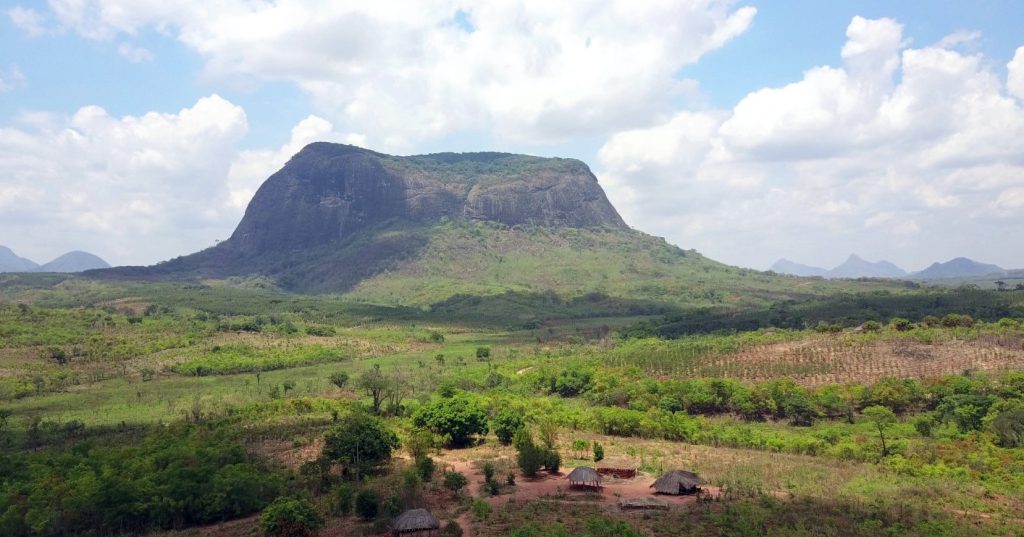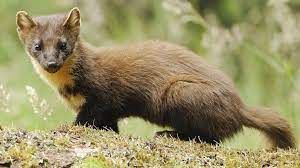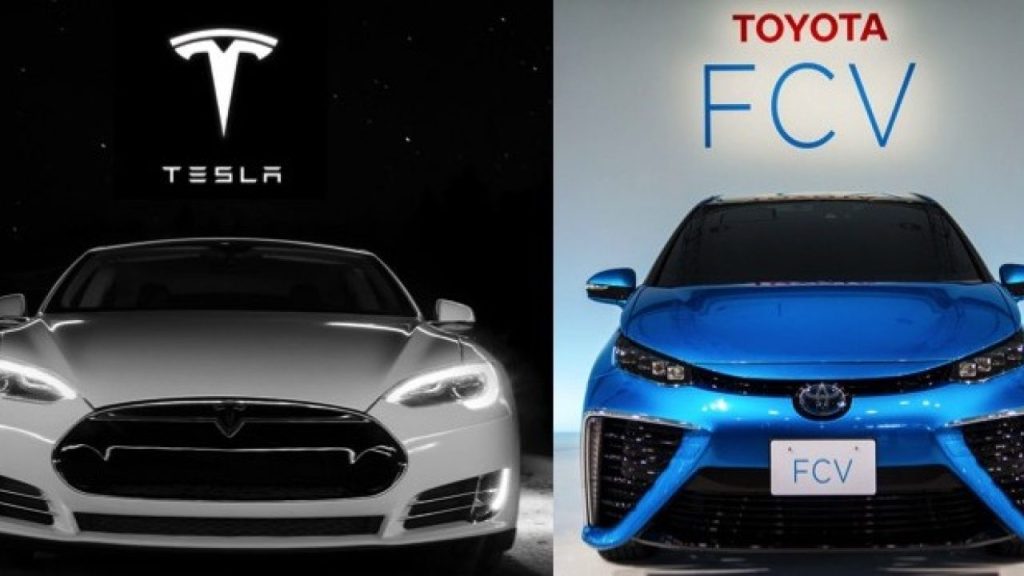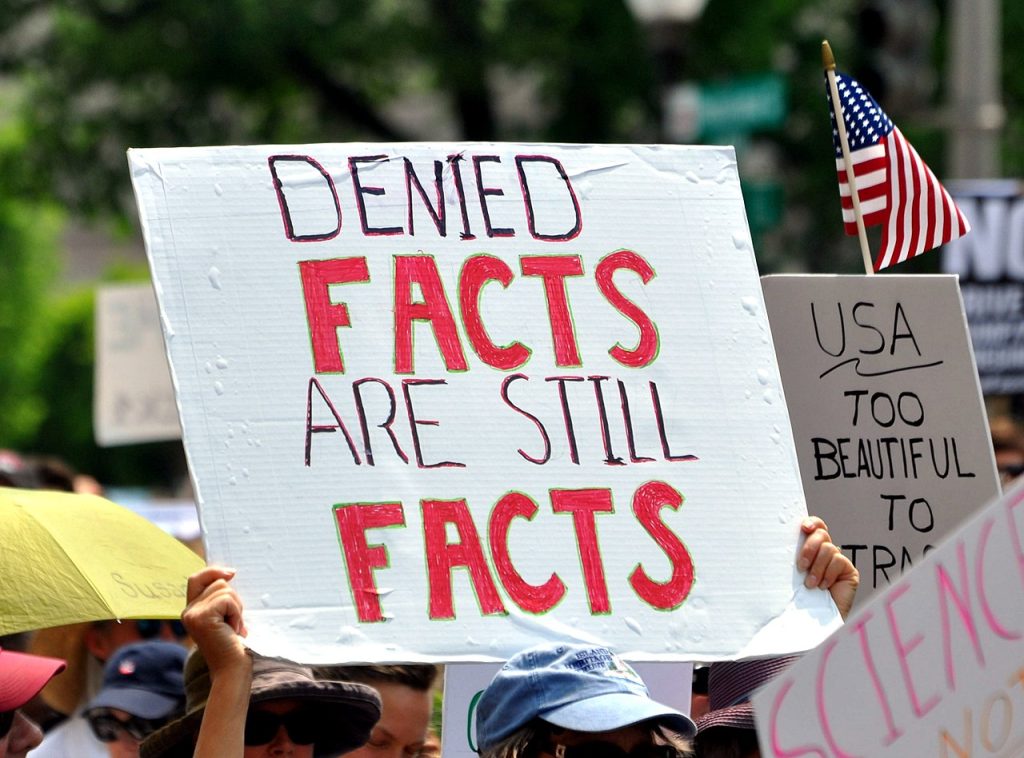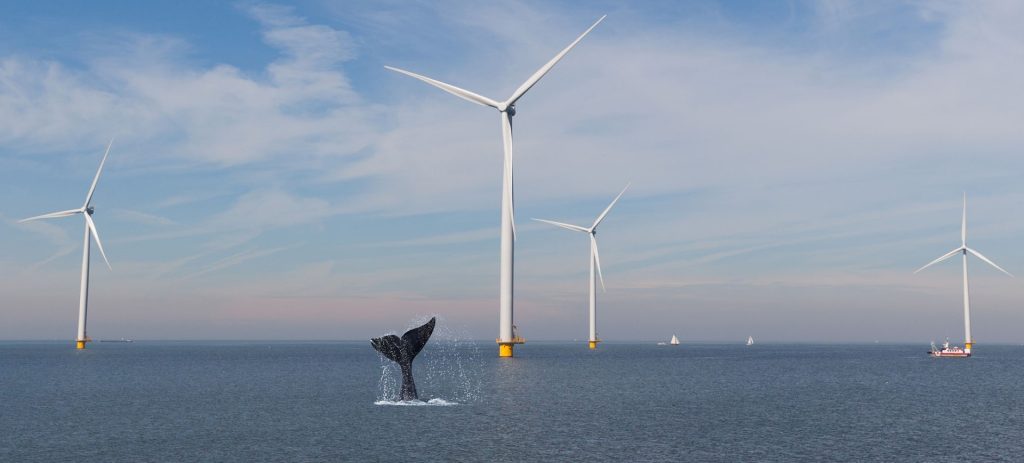In Finland, a so-called sand battery (it is actually full of crushed soapstone) has been built, which is capable of storing around 100MW of heat. The crushed soapstone is a by protudct of a fireplace production factory nearby. It is true that this heat battery is large, with a height of around 13m and width of 15m, but it can in theory be buried in the ground. It takes 2000 tonnes to fill this heat battery, but this is just 40 waste trucks worth.
It will serve as a thermal battery, with pipes running through it. It can be heated in the Summer when there is cheap or even free power, and then water run through pipes in the material can extract the energy in winter, powering a district heating network – greatly reducing the emissions from heating houses in the whole area (it is estimated that it will reduce emissions by 70%)
The Soapstone leftover, was a wasted product, and before was just thrown away, so this is a far better use. This “sand” battery can hold heats of around 500 degrees for months if required, and is thought to completely eliminate the need for oil in the network heating system. it equates to roughly 1 month of heating requirements in summer, and 1 week in winter. Costing around $200,000, compared to $1,600,000 for the equivalent lithium battery, it is a good deal. While it is true that it would take around 30 of these to keep the town going for a year and it only supports 100 houses and a public swimming pool, but there is huge quantities of similar waste created around the globe, and therefore is capable of doing far more than one would think.
Simulations of the same idea, in Seoul have suggested at up to 39% savings. It is thought, that as the deployment of solar increases, there will be huge amounts of excess power to be pumped into things like this. Some countries have wonderful quantities of excess electricity in the summer, and while we need to ramp up the quantity of solar wild and other zero carbon electricity, this gives us a route to a zero carbon world.
UK scientists created the worlds first diamond battery, capable of giving power for thousands of years. It is made from synthetic diamonds, which contain a radioactive element called carbon 14. The battery makes electricity from this radiation, much in the way that solar panels work. This battery would still be at 50% power after 5000 years. From devices that need powering in your body, to deep in the sea or in space.
At the end of their lives, these batteries can go back to the manufacturers to be recycled. There is much work being done on this, not least looking at other radioactive elements, to increase the power output.
Carbon nanotubes store triple the energy of lithium batteries. New research shows that twisted nanotubes can store high densities of energy – triple that of lithium weight for weight. It is thought that these could power things like medical implants. Of course, this is great, though only adds to the potential long list of things that nanotubes can do if we can learn to reliably create them in the future. In bigger sizes, it is calculated that these carbon nanotubes can store 15,000 times more per unit mass, than steel springs.
These are both areas which I write on, regularly, so check back for more news. I should also note, that these roundup articles should allow a return to focusing on wildlife rather than clean tech soon.

